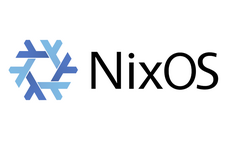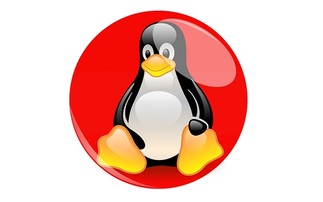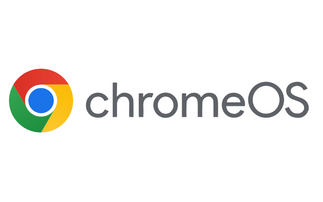Slimline version of Ubuntu intended for high-powered embedded devices announced by Canonical
Linux distribution vendor Canonical, responsible for the popular Ubuntu version, has unveiled its entry into the burgeoning "internet of things" market with Ubuntu Core, a stripped-down version of ...
To continue reading this article...
Join Computing
- Unlimited access to real-time news, analysis and opinion from the technology industry
- Receive important and breaking news in our daily newsletter
- Be the first to hear about our events and awards programmes
- Join live member only interviews with IT leaders at the ‘IT Lounge’; your chance to ask your burning tech questions and have them answered
- Access to the Computing Delta hub providing market intelligence and research
- Receive our members-only newsletter with exclusive opinion pieces from senior IT Leaders



















